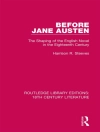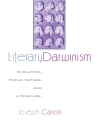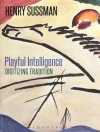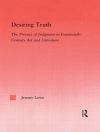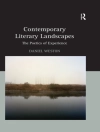In Writing After War, John Limon develops a theory of the relationship of war in general to literature in general, in order to make sense of American literary history in particular. Applying the work of war theorists Carl von Clausewitz and Elaine Scarry, John Limon argues that The Iliad inaugurates Western literature on the failure of war to be duel-like, to have a beautiful form. War’s failure is literature’s justification. American literary history is demarcated by wars, as if literary epochs, like the history of literature itself, required bloodshed to commence. But in chapters on periods of literary history from realism, generally taken to be a product of the Civil War, through modernism, usually assumed to be a prediction or result of the Great War, up to postmodernism which followed World War II and spanned Vietnam, Limon argues that, despite the looming presence of war in American history, the techniques that define these periods are essentially ways of not writing war. From James and Twain, through Fitzgerald, Faulkner, and even Hemingway, to Pynchon, our national literary history is not hopelessly masculinist, Limon argues. Instead, it arrives naturally at Bobbie Ann Mason and Maxine Hong Kingston. Kingston brings the discussion full circle: The Woman Warrior, like The Iliad, appears to condemn the fall from duel to war that is literature’s endless opening.
John Limon
Writing after War [PDF ebook]
American War Fiction from Realism to Postmodernism
Writing after War [PDF ebook]
American War Fiction from Realism to Postmodernism
Beli ebook ini dan dapatkan 1 lagi GRATIS!
Bahasa Inggris ● Format PDF ● ISBN 9780195358599 ● Penerbit Oxford University Press ● Diterbitkan 1994 ● Diunduh 6 kali ● Mata uang EUR ● ID 2277928 ● Perlindungan salinan Adobe DRM
Membutuhkan pembaca ebook yang mampu DRM


